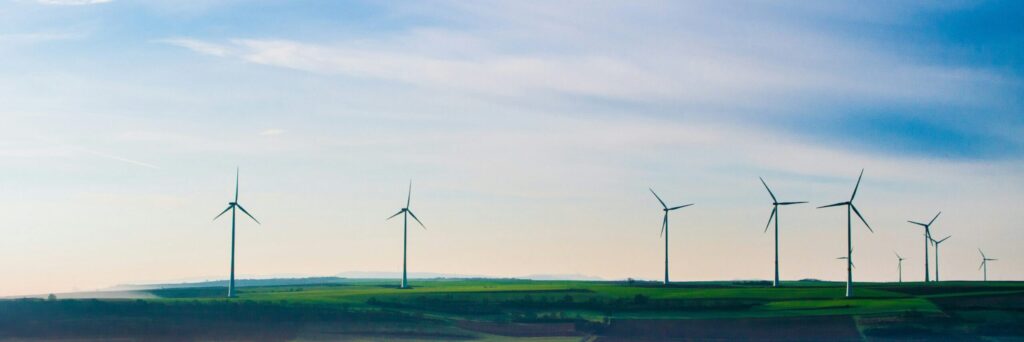If climate science is about science, rather than say interpretive dance, it must proceed by making predictions then verifying or disproving them. So when Al Gore insists that his predictions from An Inconvenient Truth have mostly been vindicated despite not, you know, coming true, as J. Frank Bullitt catalogues, it’s important that those who believe his basic thesis call him out on it. Sure, it’s embarrassing to admit that a famous spokesperson for your cause has gotten it all wrong. But it’s better than joining him in the error out of stubborn pride and sacrificing scientific integrity in the process.
It’s human nature to be reluctant to admit error. And there is some justification for that reluctance: If we changed our theories at the slightest sign of complexity in data, we’d never decide anything. But it also happens for two bad reasons. The first is simply pride. Especially in the middle of a polemical dispute it’s a rare human who can, with fictional detective Nero Wolfe, cheerfully say “I love to make a mistake, it is my only assurance that I cannot reasonably be expected to assume the burden of omniscience.” (From the 1935 Rex Stout novel The League of Frightened Men.)
The second is fear that it will give comfort to our adversaries. But this fear is misplaced. What rapidly discredits anyone in a debate, at least with the rational people who are open to persuasion and who ultimate matter in policy arguments, is a pigheaded persistence in error, especially error by association. What James Taranto of the Wall Street Journal years ago dubbed “poor political hygiene” also applies in science and, indeed, in the politicized science that now constitutes climate orthodoxy.
This obnoxious and counterproductive hardening of positions, happens even in purely scientific debates, which can get surprisingly nasty. (For instance James Dewar and William Ramsay’s unproductive clashes over the existence of “noble gases”, the quest for absolute zero etc.) And with climate change, where huge sums of money and an enormous amount of political power are also in play, the temptation becomes enormous. But it should still be resisted. And can be; one commendable example is Peter Brannen recently in The Atlantic thoroughly debunking the trendy and polemically useful notion of an “Anthropocene” geological epoch even though he accepts much climate alarmism.
So please, people. The Earth may be warming in a worrying or even catastrophic way. Humans may be responsible in significant part. We don’t think so. But even if you do, Al Gore is still wrong about sea level rise, polar bears, Arctic ice, and virtually everything else. Don’t tie yourselves to him and let yourselves and the level of debate be dragged down in the process.


